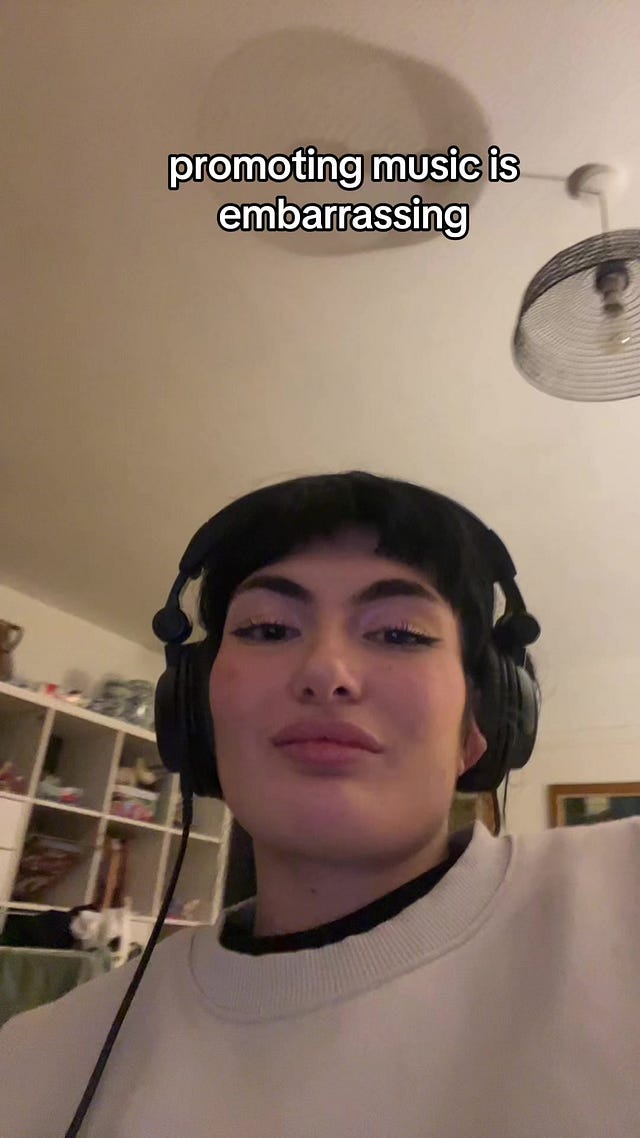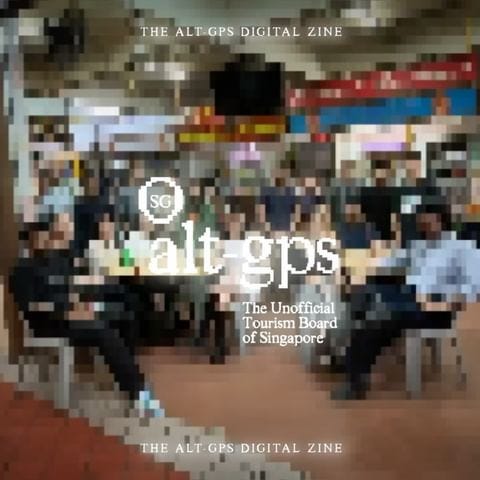Success Is Not Just A Popularity Contest
How can we rebalance quality with quantity as a measure of success?
As a writer I want to be read, obviously. To be read is essential to be successful. But the metric that determines success in the 21st Century is not one I am interested in, which is a problem. Obviously.
Ask Google what the “best” of anything is and it will tell you what is most “popular”. These are not the same thing. McDonalds is popular, Marvel is popular, Drake is popular, but none of these could be considered the “best” of food, film or music. They are, however, successful. Do you see my problem? I wish to be successful, but I have no desire to be popular.
There used to be a solution to this problem. New or little-known writers could contribute to local or regional newspapers, free-sheets and magazines that were popular and often paid a small fee. Editors needed a range of stories to fill their pages and as long as they had a splashy cover story there was room inside for new writing to be tried and tested with a live audience and the endorsement of the masthead. The writer didn’t need a following, they just needed a good story, angle or way with words, but those days are gone as
so eloquently demonstrated in his post this week.Terrestrial TV channels once operated a similar model. Commissioners needed a broad range of programming to address their vast audiences. The most popular shows would be on at primetime but there was room after 9pm until the early hours to push the envelope and try out new talent and formats that had been backed by bold producers and commissioners. That’s how the original UK version of ‘The Office’ became a hit, starting late night on BBC2 before being moved to the main channel.
Record labels, movie studios and publishing houses too operated multiple sub-labels or imprints that were part-funded by their biggest hits to ensure that new or unusual artists they were passionate about had a route to market.
Marvel Studios just makes Marvel movies.
Even once signed, the album format meant musicians didn’t have to make every song a three-minute people-pleaser, but could broaden their horizons and experiment with new sounds and ideas, producing those deep cuts that take longer to appreciate put pay dividends in the end. Now, every track needs to be “the song of the summer” as artist Willow Kayne says, and it’s detrimental to the form.
 Tiktok failed to load.
Tiktok failed to load.Enable 3rd party cookies or use another browser
Way back in the 20th century the media business may have had more gatekeepers but it also had more champions, was more monied and a more diversified business. Since then it has let search engines and streamers boil its business down to the smallest individual component; each story, each show, each film, each single now has to pay its own way in clicks or else it has no value, apparently. This makes for a much more precarious and risk averse industry.
Record labels now expect new artists to not only write, record and produce their own music with their own equipment at their own cost but to build and bring a sizeable fanbase to the table too, which begs the question; what is the label for?
As an unknown in the 1960s, David Bowie was allowed to release nine flop singles before ‘Space Oddity’ and six after, until he found his way to ‘Ziggy Stardust’. Oasis were the lowest band on the bill the night they got signed. Neither would get a look-in today.
The upshot is that labels rarely end up signing the best musicians, but the best social media marketers. The same is true of publishers who would rather you not only write and publish your stories in full first, but build an audience too before deigning to offer a book deal. Actually, you don’t need to be able to write, just be a “brand” like Katie Price (at her latest book launch below), and have someone else do the writing for you.
(FYI, Katie Price has sold 3 million books to date!).
Don’t get me wrong, popularity has always been part of the formula but, like I wrote last week, in a global market we increasingly come up against the issue of scale. Corporations hate diversity and ideally want to sell one product to as many people as possible; being the most popular band in your town or county is not enough. Being published and acclaimed by your university paper or local rag is not enough. You need to demonstrate global appeal, which means selling out before you’ve started to get those numbers up. For a unique and extraordinary voice this may mean dumbing down their ideas, compromising their style, or copying trends that the algorithm tells them are working even though it gives them the ick! All of which brings me back to writing.
Right now there are three trends I observe of writers trying to build their following, all of which give me the ick. The first is to write about writing, probably the most popular but tiresome trope on Substack. The second, is to pump up the volume of SEO optimised output with Chat GPT or by simply brain-dumping any old crap onto the page to have something to put out. The third, more cynical approach, is to bare your tortured soul.
Increasingly I encounter writers, musicians, even LinkedIn users sharing (allegedly) raw, emotional posts that seem custom-made for clicks. Everyone’s “on a journey” and determined to demonstrate how real and authentic they are by penning emo-porn that practically accuses the reader of heartless contempt if they don’t add a ‘like’ to it. And it’s not fair. It makes me feel so alone, like that time, when I was a kid and my mum left me in the car and….sorry, I started slipping into myself it then.
This approach is no better than those Instagrammers or TikTokers who set up lights and a camera to perfectly capture their spontaneous emotional breakdown 🤮.
If, as has been predicted, 90% of content on the Internet will be produced with the help of AI by 2025 then I am hopeful that human-curated formats, both digital and analog, will make a comeback. That audiences will appreciate the role of editors, commissioners and A&R reps in unearthing raw, human talent from beneath the avalanche of AI slop because it’s good, or interesting, or shows promise, not just because it’s “viral”. Self-publishing won’t go away, and nor should it - I am a huge fan of the DIY ethic - but I just wonder how much great art we never get to read or see or hear because the artists can’t or won’t debase themselves for clicks.
My Human-Curated Recommendations
404 Media, a new, independent and journalist-owned outlet, conducted an investigation that uncovered Facebook paying creators in India, Vietnam, and the Philippines to create bizarre AI spam to increase clicks here: https://www.404media.co/where-facebooks-ai-slop-comes-from/. Hear how they uncovered it in their behind-the-scenes podcast too:
Alt-GPS is a digital zine that positions itself as the “unofficial tourist board for Singapore” and seeks out some less obvious sites and sounds for the culturally curious at https://alt-gps.com/. Read a brief interview with the founder below (yes it’s supposed to look like that):
Cinemascapes is a new exhibition from Steve Lawler a.k.a. Mojoko featuring “an electrifying exhibition of film scenese reimagined in a pop-psychedelic style” at The Projector pop up inside Cineleisure, Grange Road.
Opus is Ryuicho Sakamoto’s final gift to fans. Recorded in late 2022, with just Sakamoto and a Yamaha grand, he performs his most haunting, delicate melodies.
See you next week. N








